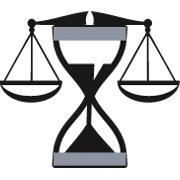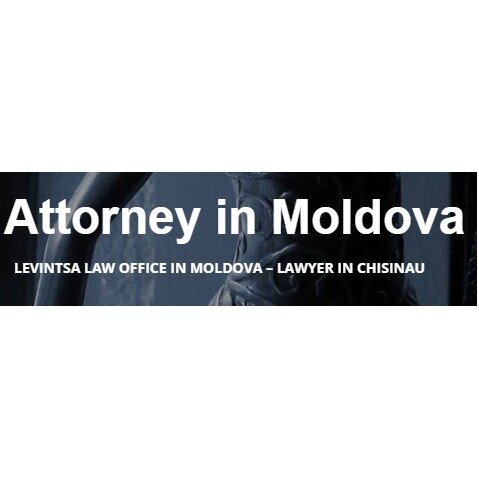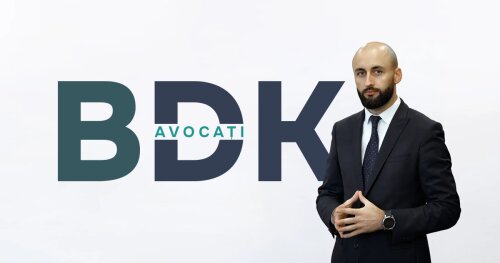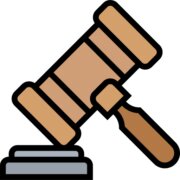Best State, Local, and Municipal Law Lawyers in Republic of Moldova
Share your needs with us, get contacted by law firms.
Free. Takes 2 min.
Or refine your search by selecting a city:
List of the best lawyers in Republic of Moldova
About State, Local, and Municipal Law in Republic of Moldova
State, Local, and Municipal Law in the Republic of Moldova encompasses the rules and regulations that govern the country's various levels of government and their interactions with citizens, businesses, and other entities. This field of law delineates the powers and responsibilities of governmental bodies, addresses the administration of public services, and regulates issues like property, taxes, public safety, zoning, and the conduct of government officials. In Moldova, understanding these legal frameworks is crucial as they heavily influence public and private life, aligning with European standards while respecting national norms.
Why You May Need a Lawyer
There are numerous situations where someone might require legal assistance in the realm of State, Local, and Municipal Law in Moldova. Here are some common scenarios:
- Property Issues: Navigating local zoning laws and property tax matters often requires professional legal guidance to avoid potential disputes or financial penalties.
- Business Compliance: Businesses must adhere to various local regulations. Legal help ensures compliance and avoids operational disruptions.
- Public Contracts: Engaging in contracts with local authorities often involves complex procedures governed by specific legal frameworks.
- Local Disputes: Resolving disputes with municipal bodies, such as contested fines or service issues, may necessitate legal intervention.
- Regulatory Changes: As laws and regulations evolve, legal professionals can provide updates and guidance on the implications of these changes.
Local Laws Overview
Local laws in Moldova are shaped by both national legislation and regional regulations tailored to specific municipalities. Key aspects include:
- Zoning and Land Use: Regulations manage how land within various jurisdictions can be used and developed.
- Public Safety Regulations: Laws ensuring fire, health, and general safety standards for both public and private premises.
- Taxation: Local taxes fund municipal services and infrastructure. Understanding your obligations in this regard is essential.
- Municipal Services: Regulations govern the provision of utilities, waste management, and other services by local authorities.
- Licensing and Permits: Businesses and individuals might need specific approvals to undertake various activities, like construction or special events.
Frequently Asked Questions
1. What is the role of local councils in Moldova?
Local councils are responsible for decision-making in municipal governance, including budgeting, urban planning, and local policy approvals.
2. How do I resolve a dispute with a local government body?
Start by engaging directly with the responsible agency. If unresolved, mediation or legal action may be necessary, where a lawyer can provide valuable assistance.
3. What permits do I need for property development?
Property development typically requires zoning approval, building permits, and adherence to environmental regulations, each subject to local laws.
4. How are local taxes determined?
Local taxes are set by municipal authorities based on property value, business activity, and other factors relevant to regional funding needs.
5. What are my rights if I am fined by a local authority?
You have the right to be informed of the fine's basis, to dispute it, and to appeal if necessary. Legal advice can help navigate these processes.
6. Are there specific legal resources for businesses at the local level?
Legal resources for businesses include municipal economic departments, chambers of commerce, and legal professionals experienced in local business laws.
7. Can I vote in local elections?
Eligibility to vote in local elections is determined by citizenship, residency status, and registration with the electoral roll in your municipality.
8. How do local regulations affect environmental projects?
Environmental projects must comply with both national and local environmental standards and regulations, influencing planning and operational activities.
9. What should public agencies disclose to citizens?
Public agencies are generally required to disclose relevant financial, regulatory, and operational information to ensure transparency and accountability.
10. How can changes in local laws affect me?
Changes can affect taxes, property rights, business operations, and more. Staying informed through legal updates or professional advice is crucial.
Additional Resources
Individuals seeking further information or assistance might consider the following resources:
- Ministry of Justice: Provides legal frameworks and updates on legislation.
- Local Government Offices: Offer specific information on municipal laws and resources.
- Public Legal Aid Services: Available for those needing financial assistance for legal advice.
- Legal Profession Associations: Such as the Moldovan Bar Association, providing directories of legal experts.
- Community Centers: Often host informational sessions and workshops about local laws and citizen rights.
Next Steps
If you require legal assistance, consider the following steps:
- Identify Your Needs: Clearly define the legal issue you require help with to find an appropriate lawyer or resource.
- Research Legal Professionals: Use directories and referrals to find lawyers specialized in State, Local, and Municipal Law.
- Consultation: Schedule a consultation to discuss your situation, understand potential costs, and develop a strategy.
- Engagement: Engage legal representation to handle your case, ensuring that you provide them with all relevant information and documents.
- Stay Informed: Keep updated on relevant law changes and seek regular updates from your legal advisor.
Lawzana helps you find the best lawyers and law firms in Republic of Moldova through a curated and pre-screened list of qualified legal professionals. Our platform offers rankings and detailed profiles of attorneys and law firms, allowing you to compare based on practice areas, including State, Local, and Municipal Law, experience, and client feedback.
Each profile includes a description of the firm's areas of practice, client reviews, team members and partners, year of establishment, spoken languages, office locations, contact information, social media presence, and any published articles or resources. Most firms on our platform speak English and are experienced in both local and international legal matters.
Get a quote from top-rated law firms in Republic of Moldova — quickly, securely, and without unnecessary hassle.
Disclaimer:
The information provided on this page is for general informational purposes only and does not constitute legal advice. While we strive to ensure the accuracy and relevance of the content, legal information may change over time, and interpretations of the law can vary. You should always consult with a qualified legal professional for advice specific to your situation.
We disclaim all liability for actions taken or not taken based on the content of this page. If you believe any information is incorrect or outdated, please contact us, and we will review and update it where appropriate.
Browse state, local, and municipal law law firms by city in Republic of Moldova
Refine your search by selecting a city.














